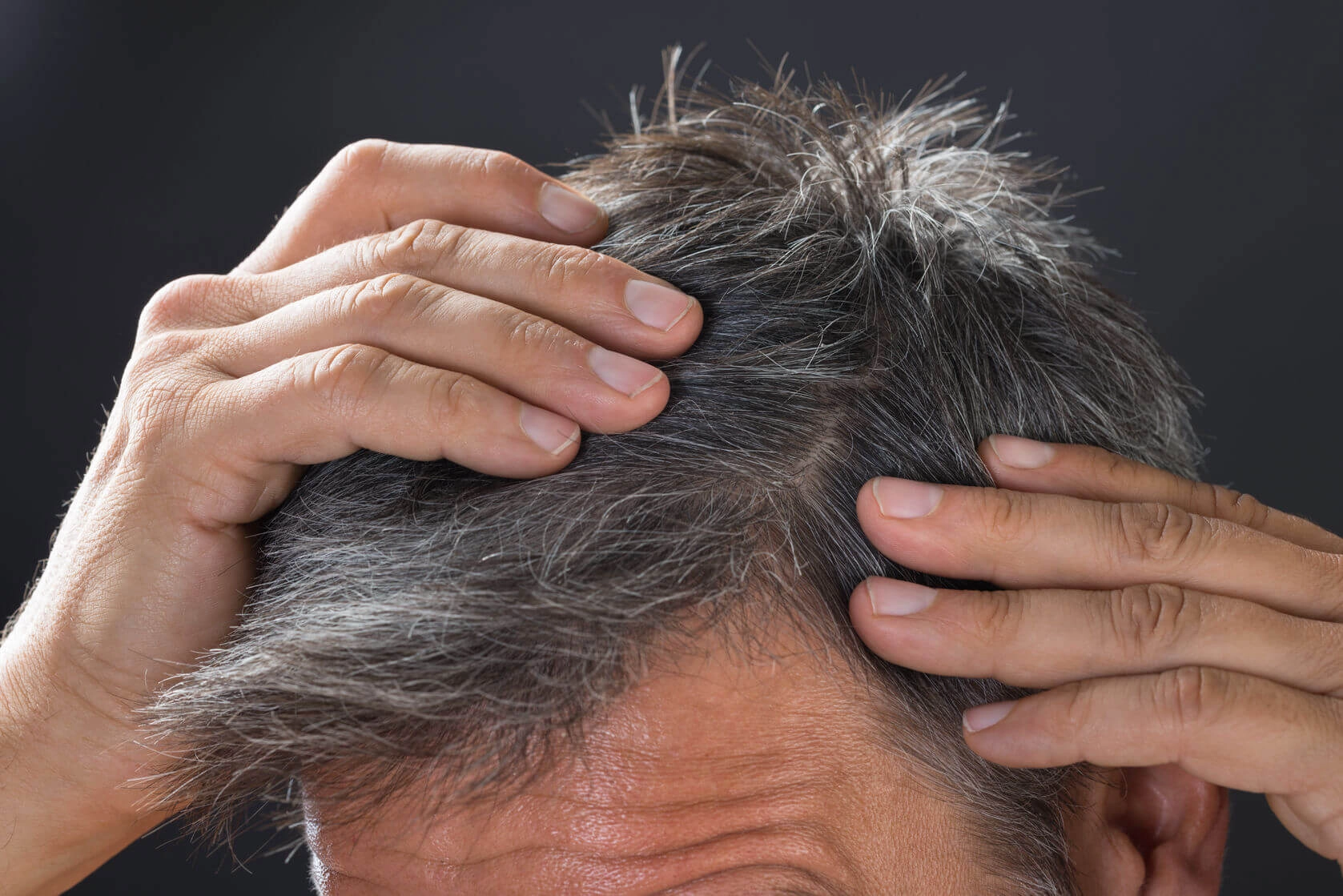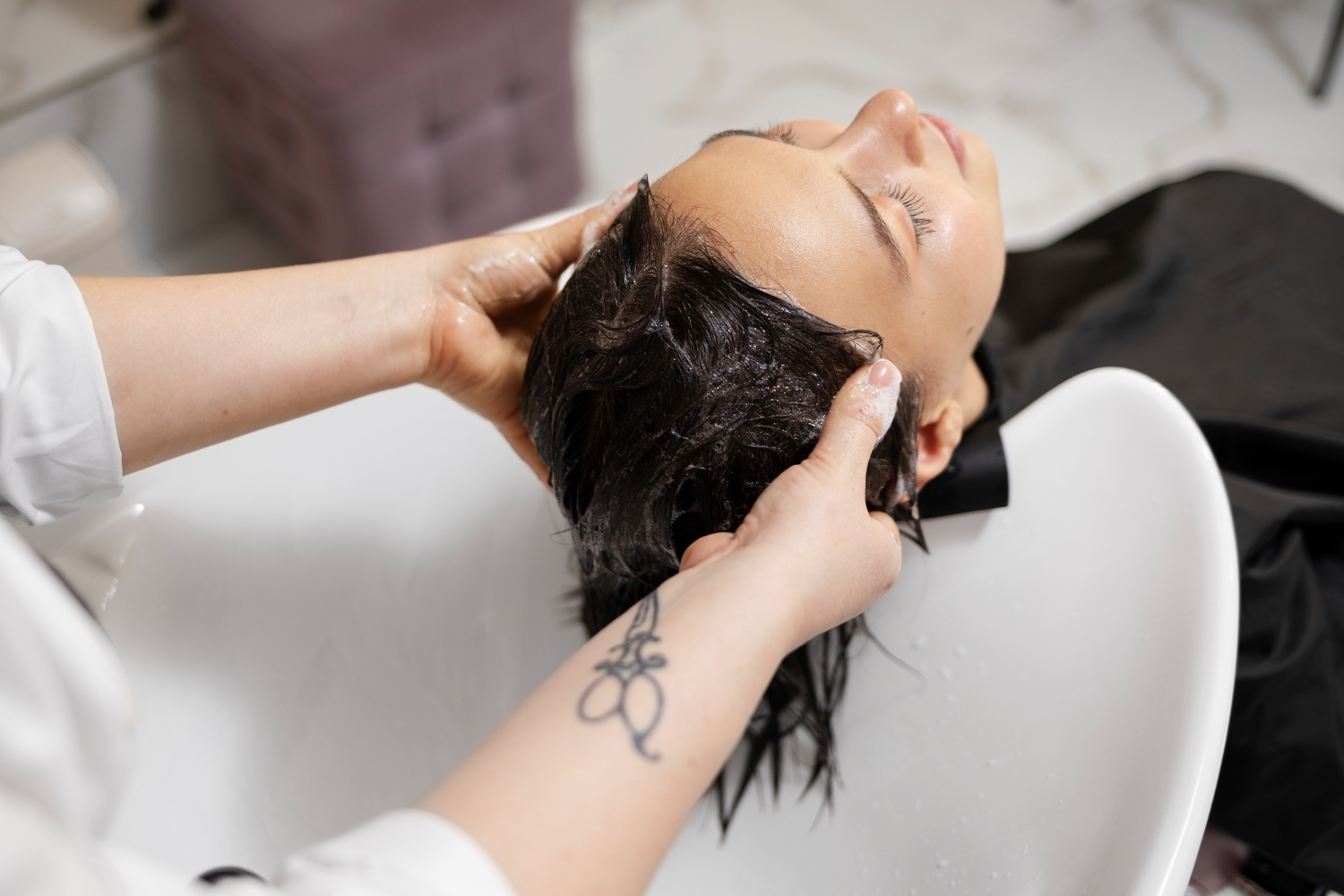

Grey hair is a universal phenomenon, marking a natural part of the aging process. While some embrace their silver strands as a symbol of wisdom and experience, others may seek ways to delay or reverse this change. In this article, we delve into the intricate world of grey hair, with a primary focus on understanding its causes. We’ll also touch upon effective methods to combat it.
A significant factor contributing to the onset of grey hair is genetics. The age at which you start to go grey may be predetermined by your family history. If your parents experienced premature greying, there’s a higher likelihood that you might, too.
Apart from genetics, aging plays a substantial role in this process. As we age, the body’s natural mechanisms, including melanin production, gradually slow down. The accumulation of these factors over time contributes to the greying of hair.
While genetics and aging play significant roles in the greying of hair, premature greying is often influenced by various external factors. These factors can lead to the untimely loss of natural pigmentation, turning your hair grey or white earlier than expected. Let’s delve deeper into some of these contributing external factors:

Chronic stress is a potent trigger for premature greying. When you’re under prolonged stress, your body produces excessive amounts of cortisol, a stress hormone. Elevated cortisol levels can disrupt the normal functioning of melanocytes, the cells responsible for melanin production in hair follicles. This disruption leads to a faster reduction in melanin production, causing hair to turn grey prematurely.
The connection between stress and premature greying has been substantiated by scientific studies. It emphasizes the importance of managing stress effectively through practices like meditation, mindfulness, exercise, and stress reduction techniques.
Lifestyle choices can significantly influence the appearance of grey hair. A poor diet lacking essential nutrients can accelerate the greying process. Nutrient deficiencies, particularly of vitamins like B12 and minerals like copper, directly affect the health and color of your hair. Therefore, a balanced diet rich in these essential nutrients is crucial for maintaining natural hair color.
Harmful habits, such as smoking and excessive alcohol consumption, have been associated with an increased risk of premature greying. Both of these habits can lead to oxidative stress in the body, causing cellular damage and impairing melanin production.
Smoking, in particular, exposes the body to harmful toxins, and research has shown a strong correlation between smoking and premature greying. Quitting smoking and moderating alcohol consumption can contribute to overall health and may slow down the progression of grey hair.
In Singapore, individuals have access to a range of hair treatment options to manage and combat grey hair, depending on their preferences and specific needs. These options are designed to address the natural process of greying, as well as premature greying:

In addition to the conventional treatment options, many individuals prefer natural remedies and lifestyle changes as a more holistic approach to combat grey hair. These methods aim to nourish and strengthen hair from within and promote overall well-being.
Natural Remedies
Dietary Changes
In conclusion, grey hair is a natural part of the aging process, primarily caused by a reduction in melanin production. Genetics, stress, and lifestyle choices can accelerate the onset of grey hair. However, there is a wide range of options to combat this natural occurrence.
Whether you choose professional treatments, supplements, natural remedies, or lifestyle changes, it’s essential to make informed decisions about how to manage and embrace your grey hair. Understanding the causes and available solutions is the first step towards making those choices wisely.


